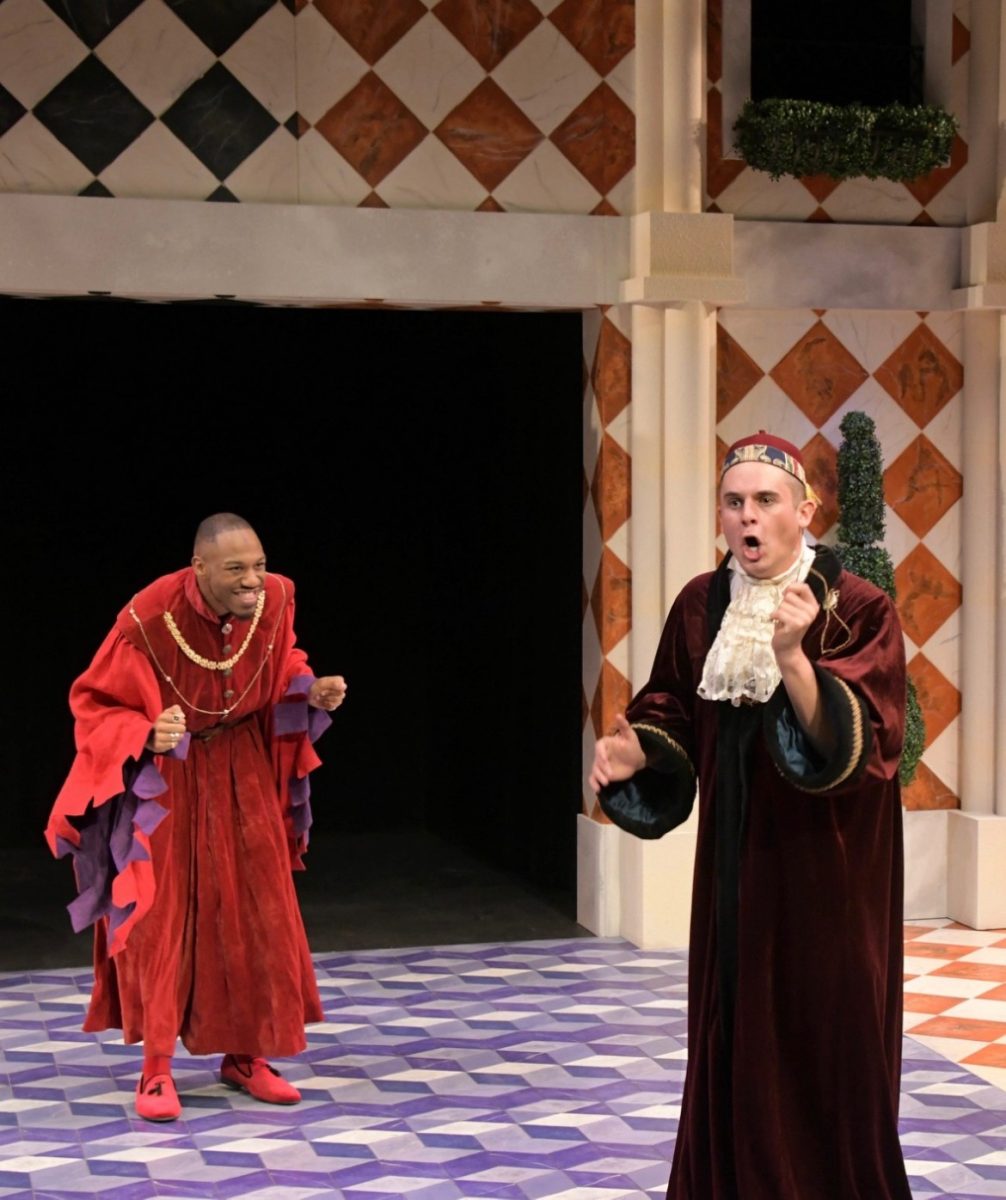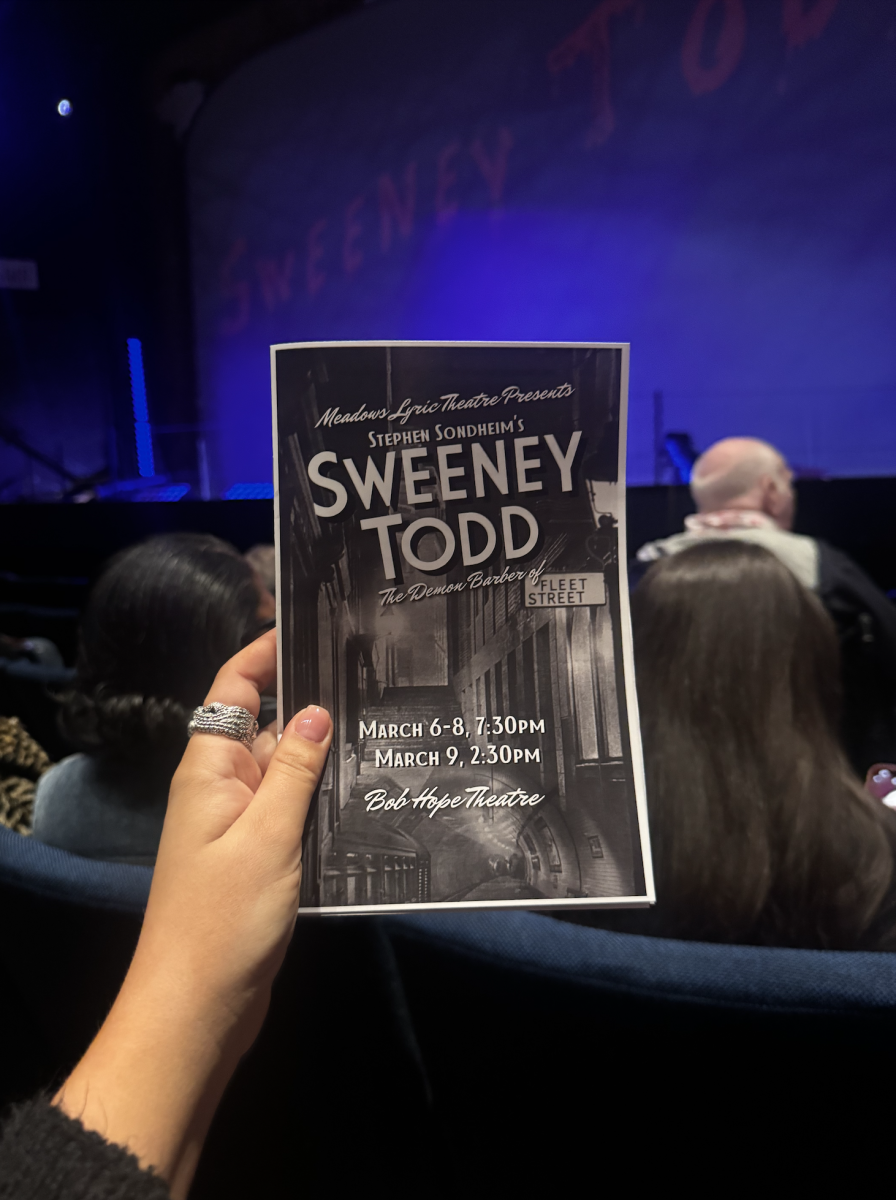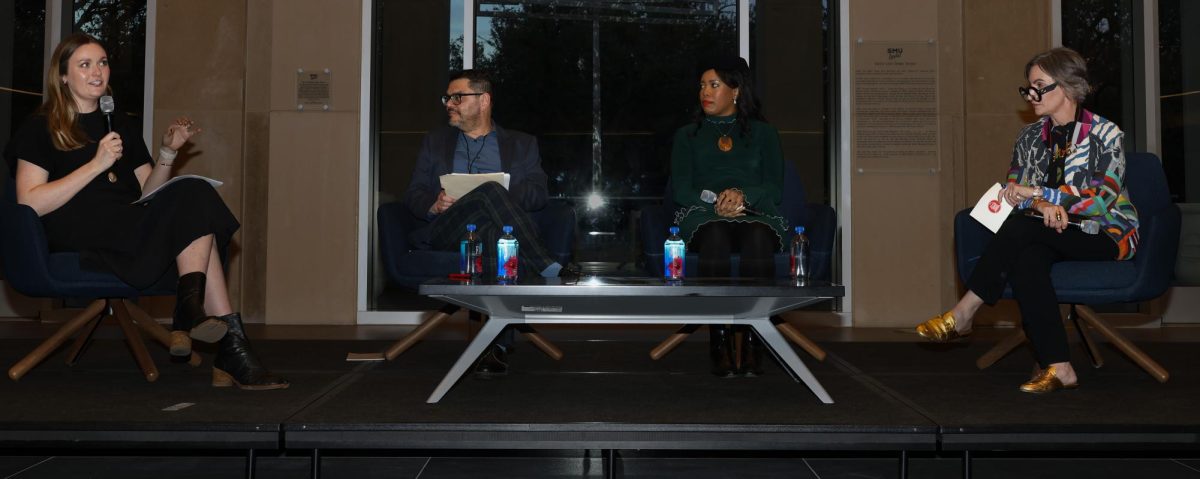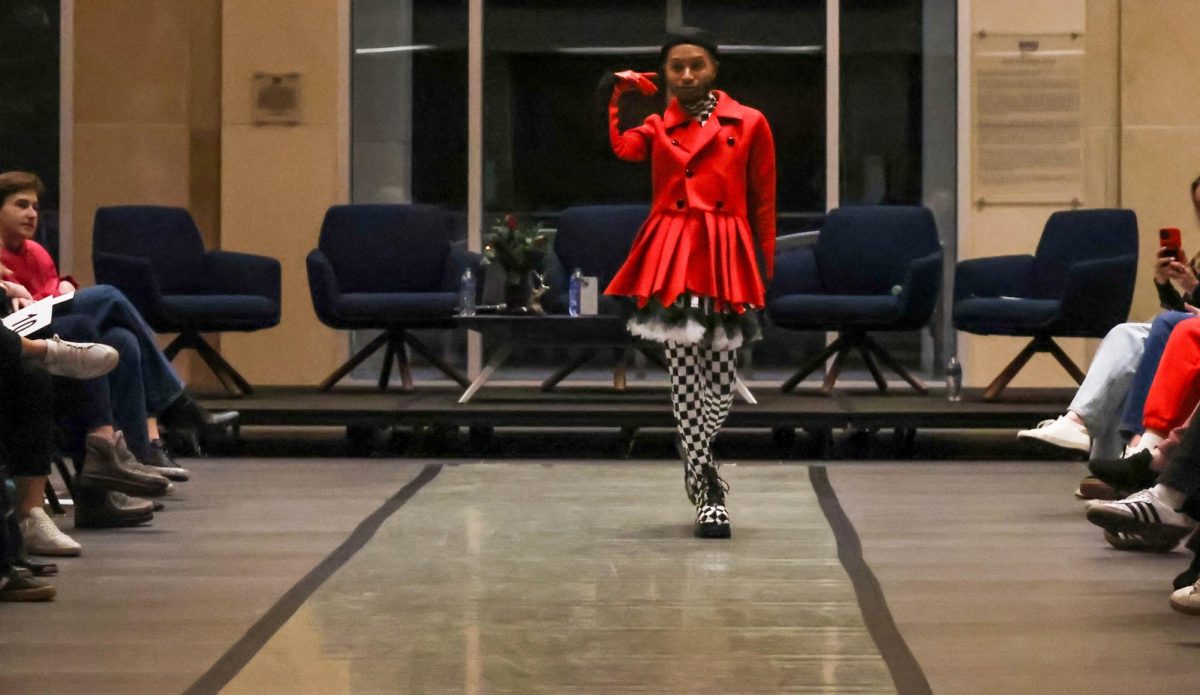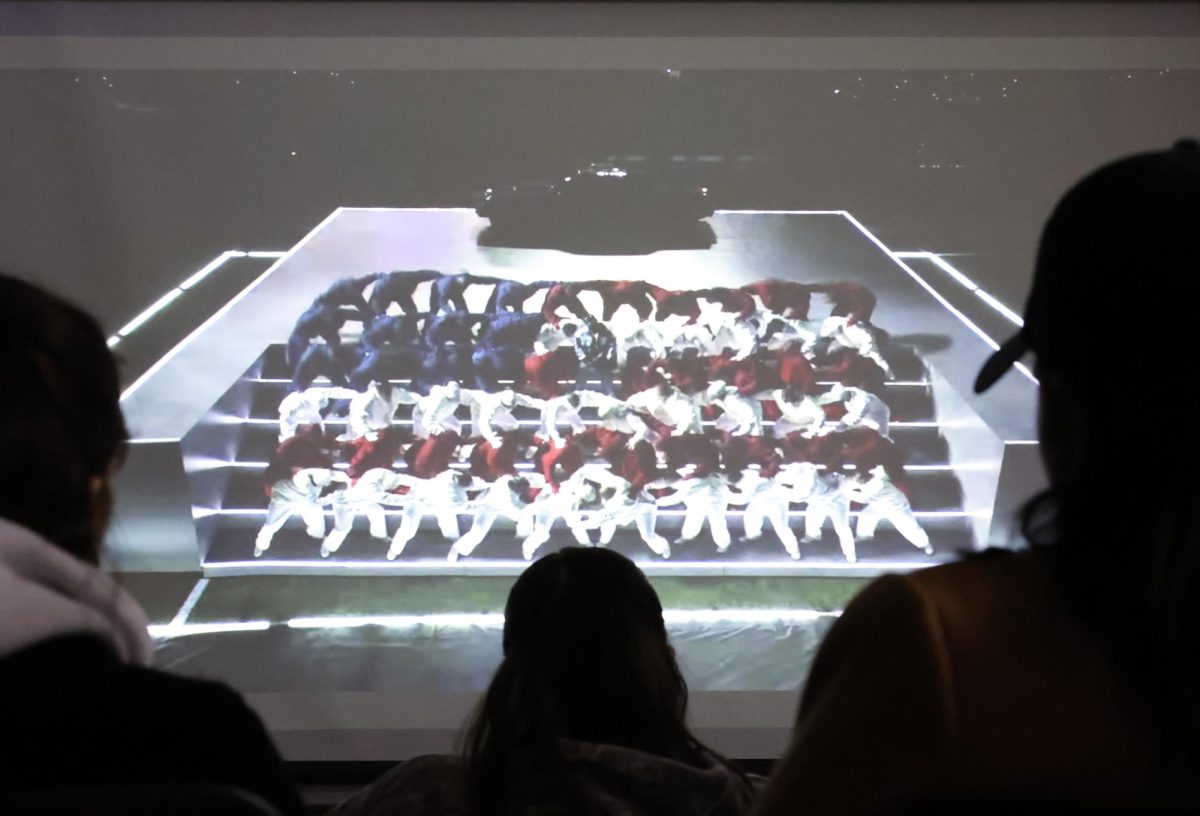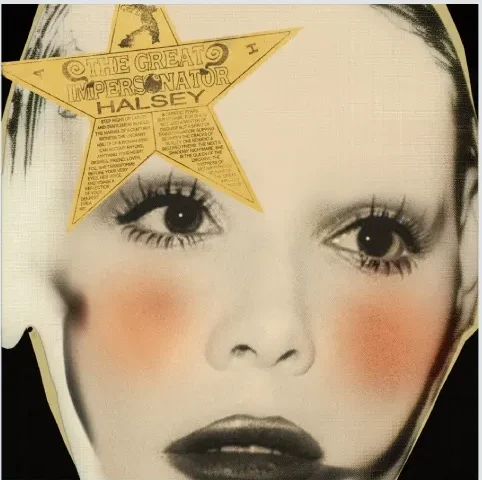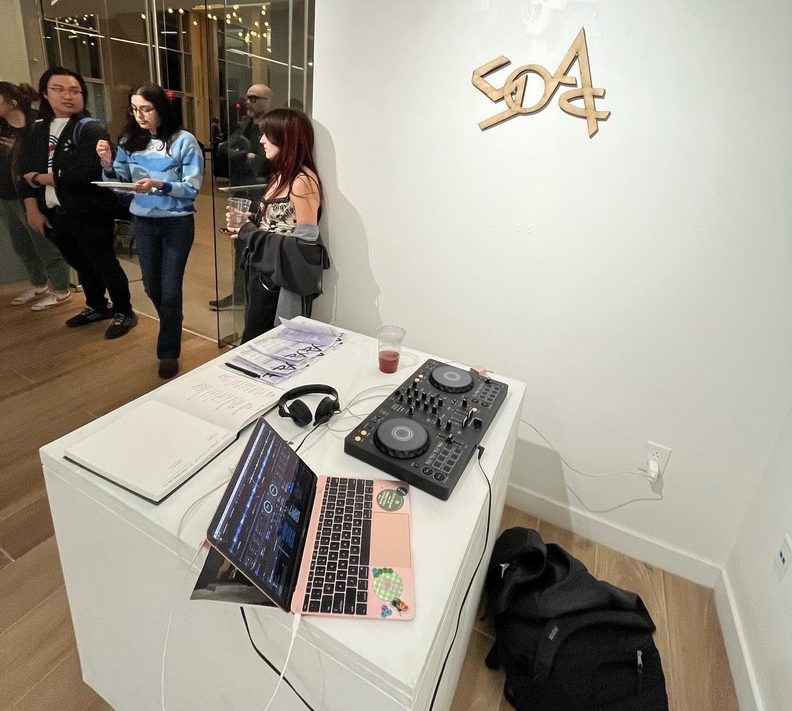Jihoon Choi is a senior double major in Music and Business Management. He is the president of Liberty in North Korea at SMU, a Peer Coach at the Cox School of Business, a Hegi Career Consultant, a Meadows Ambassador for Prospective Students, a Resident Assistant, and a member of Beta Upsilon Chi. After graduation, he plans to work as a management consulting analyst and hopes to continue his piano journey by teaching and competing in amateur competitions.
The Daily Campus’ Miles Chen sat down with Jihoon to talk about his piano journey and his love for music.
Miles Chen: To start off, tell us a bit about your background.
Jihoon Choi: My hometown is Dae-gu, South Korea. I wasn’t born here in the States; I moved here five years ago. I was born in South Korea, but [when I was] 10 months old, I moved to the Philippines, and I lived there until I was 18 studying at a private international school. I finished my senior year of high school at a public school in Atlanta, Georgia – so a huge culture shock.
MC: What’s your journey with piano been like? When did you start?
JC: I started when I was 7 years old. My mom was a music professor and she taught me piano. Then, one of our neighbors back in the Philippines was a piano teacher from South Korea. I had a sample lesson with her, and she was like, “He’s very rhythmically talented; he has potential”. Of course, I didn’t know what that meant, but my parents [went] all in. I practiced eight hours a day; every day I would go to my teacher’s house. I would wake up for school at 5 a.m. because we had to ride a van to our school which was two hours away. Then [I would] come back home at 3; I would go to my teacher’s house and practice and have lessons until 8 or 9 p.m. then come back and do homework. That was my life until I was twelve to thirteen years old. [A] pivotal moment happened because my teacher moved to South Korea. It’s kind of crazy, but my parents forced me to go to Korea alone for a year just to study the piano. [It was a] great time.
MC: Wow. What are some other inspirations you’ve had?
JC: There are three music festivals that I’ve been to that have been really inspiring to me. The first one was [at] Colburn School of Music in 2015. It was a piano festival concerto competition. There I met so many fantastic pianists. The other one was in the French Alps – they had pianos carried through helicopters to have it in the hotels. I worked with a professor [who] was smoking cigars while I played. The third one [was] Texas State International Piano Festival. That’s where I really got ingrained into the Texas culture and piano community. I also heard about SMU through that. My [SMU] professor, Dr. Leone, [is] five handshakes away from Beethoven, so I like to joke around that I’m six handshakes away from Beethoven. She’s amazing, she’s inspiring, she’s smart, and I’m always grateful to have a weekly lesson with her and learn more about the piano, and life in general.
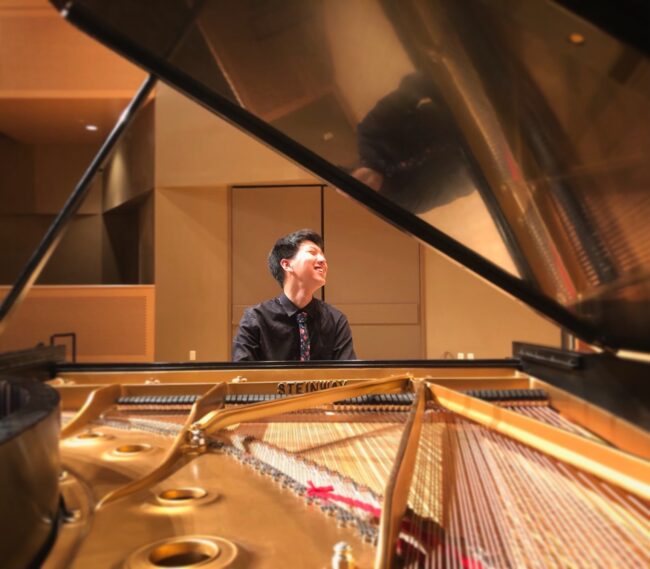
MC: That’s really cool. So what makes you like the piano so much?
JC: Well, I didn’t start out piano liking it. But I think the difference was when I was 15 years old, I was inspired by seeing other kids that were better than me. And that’s when I realized there’s always a bigger fish. And that motivated me; it motivates you to see people who are better than you and you want to become like them. And also what I liked about it is how I can make people smile. Music is [also] a peaceful thing – whenever I’m stressed, or whenever I need to wind down, I’d just go into a practice room and play a piece by Chopin or Liszt that would calm my heart down – it’s amazing. What I like about the piano so much is that you are creating a relationship with the instrument, just like you would with a human. You constantly work with it every day for hours, and you get to learn how to be patient with yourself. It gives you patience, it makes you a deep thinker, it makes you an analytical and critical thinker too, and that is so awesome to me. Many people don’t realize this, but music is very mathematical. It’s proven. Those aspects make it very interesting.
MC: You do a lot of classical music. What makes you like classical, and what do you think is the key to getting more people into classical music – especially younger generations?
JC: I don’t like people who force others into classical music just because they think it’s better. I don’t think the word “better” is right, you just need to be more appreciative – I appreciate all kinds of music, it takes effort and creativity [to create]. What I would say to this generation and to people who are getting into classical music is these composers have fascinating lives – and most of them died so early – but were able to create 100-200 pieces; I think that should be something that intrigues people to look into the music, [as well as] the beautiful melodies. And most music that is played today comes from classical music – the chord progressions and melodies. Blackpink’s “Shut Down” is from Paganini’s “La Campanella”, and Maroon 5’s [Memories] is from [Pachelbel’s] “Canon”. That should be a good leeway into classical music. I personally like it because – let’s talk about the Baroque, early Baroque – it’s structural [and] it ties a lot with religion too. It’s very peaceful and clean and pure, and it inspires me a lot. That’s why Bach is the foundational composer that everyone goes back to. The most difficult pieces to play are Bach. So challenging. Looks simple, but the more you know, the more you don’t know.
MC: In addition to being a student, how else are you involved with piano?
JC: I’ve taught for three years; I started teaching my sophomore year during COVID times. Guess what? It was fully Zoom. I was sitting at an upright piano at my uncle’s house. I had three cameras – one above, [at the] side, and at my feet. They could see my pedal, my hands, and up. I had 20 students back then. So I was on the piano during my finance class learning how to do present value stuff, and right after I finished, I would immediately teach piano. Now I have 31 students. I teach one group class with eight kids, the other ones are individual kids. So I’m kind of stressed with tracking all their progress, talking to the parents, planning all the recitals – it’s crazy, definitely takes a lot of time. But I take my teaching as my own time because I like it. Teaching piano is not only about performing, but it’s about life development. Even if the kids have different attitudes, you can teach them how to be respectful, [and] so many other things. And I get to learn so many things from the kids too. You always think that you know more than the kids, but the kids are quite smart too; they show raw emotions – so you learn a lot from that: how to be strict, how to control your own emotions, how to be patient, all those kinds of things.
MC: That’s amazing. As a music major, what are some things students typically don’t know about?
JC: We [piano majors] just practice a lot. We practice late – the latest I’ve practiced is 5 a.m. I slept for an hour and woke up for an 8 a.m. [class] – that was one of the hardest times. But mostly I try to practice at least two to three hours a day. Some days, five to six hours, usually the weekends. It is not only about just physical practice but also mental practice. But it’s like a tip of the iceberg. It’s very small – the performance – but the entire bottom part of the iceberg is all the hard work, stress, and frustration. I’ve [also] commissioned lots of music to [my] composing friends here at SMU, performed at lots of competitions, performed at school [events] like Crowchella and Crumpkin, and recorded music for short films. It’s fun.
MC: Lastly, why should students come to your upcoming recital?
JC: I would be happy if people come. Because yes, it’s a solo recital and I get the spotlight, but the important thing is I’m playing people’s music. It’s sending a message, it’s beautiful art. I’m just translating what these amazing people wrote. You’re listening to music that has been played for years – hundreds of years – and played by lots of other cool people in the world. I’m also playing a piece by a living composer, Emma Lou Diemer. Her piece is awesome – you start plucking strings, hitting strings, it’s not just the keyboard, [but] you start playing inside the keyboard. It’s really fun stuff. And I’m playing one of the most difficult etudes, Liszt’s “La Campanella”. I’m excited to share it with people. I’m not going to play it perfectly; I’m not the best pianist. I’m just a student trying to do my best and make people happy and have a memorable night.
For a full list of Meadows Student Recitals, visit https://www.smu.edu/Meadows/AreasofStudy/Music/StudentRecitals




